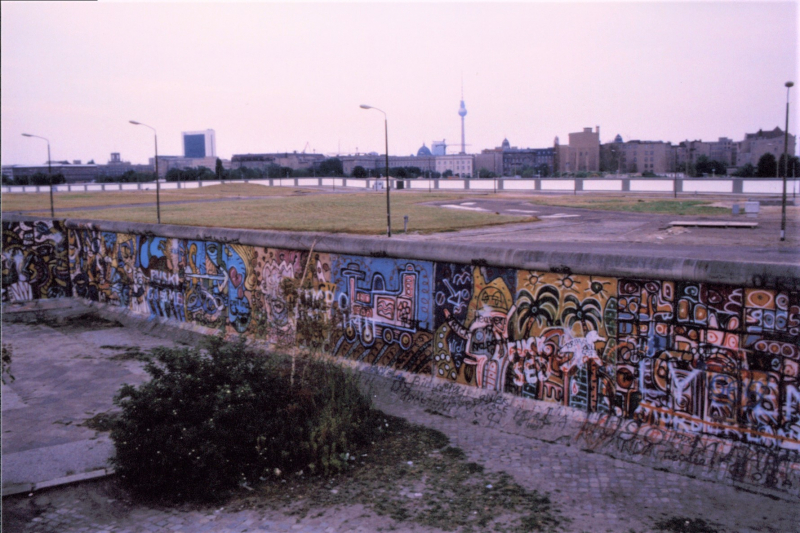The Lives of Others
"The Lives of Others" (2006) in set in 1980s around the Berlin Wall, intricately weaveing the lives of a playwright and his lover with the relentless observation of a Stasi agent, leading to a complex web of emotions and a profound transformation of all involved. Through its compelling and multi-layered narrative, the film explores profound themes of morality, personal freedom, and the resilience of the human soul.
Cinematographically, "The Lives of Others" presents a stark and atmospheric portrayal of life under the oppressive gaze of the Stasi. The carefully curated muted color palette and masterful use of shadows artfully convey the suffocating atmosphere of East Berlin, plunging viewers into a world characterized by ceaseless surveillance and unrelenting fear. Furthermore, the movie's cinematography becomes a language in itself, capturing the subtlest nuances of human expression, offering glimpses into the characters' profound emotions and inner struggles.
Engrossing plot and visually arresting aesthetics aside, "The Lives of Others" imparts a profound message about the transformative power of compassion and the potential for personal growth even in the most dire circumstances. It skillfully navigates the moral quandary faced by the Stasi agent as he becomes increasingly entangled in the lives of his subjects, ultimately grappling with questions of conscience and the true nature of humanity.
The film stands as one of the best movies about the Berlin Wall, delving deep into the complexities of human nature and offering a profound exploration of personal freedom, morality, and the capacity for profound change.
Release: 2006
Stars: Ulrich Mühe, Martina Gedeck, Sebastian Koch
Rotten Tomatoes Score: 92%











